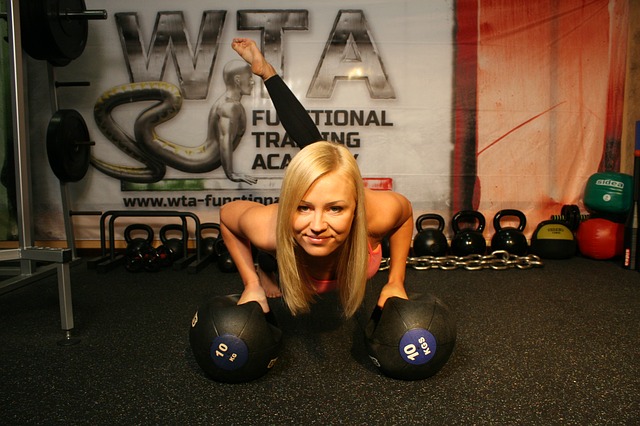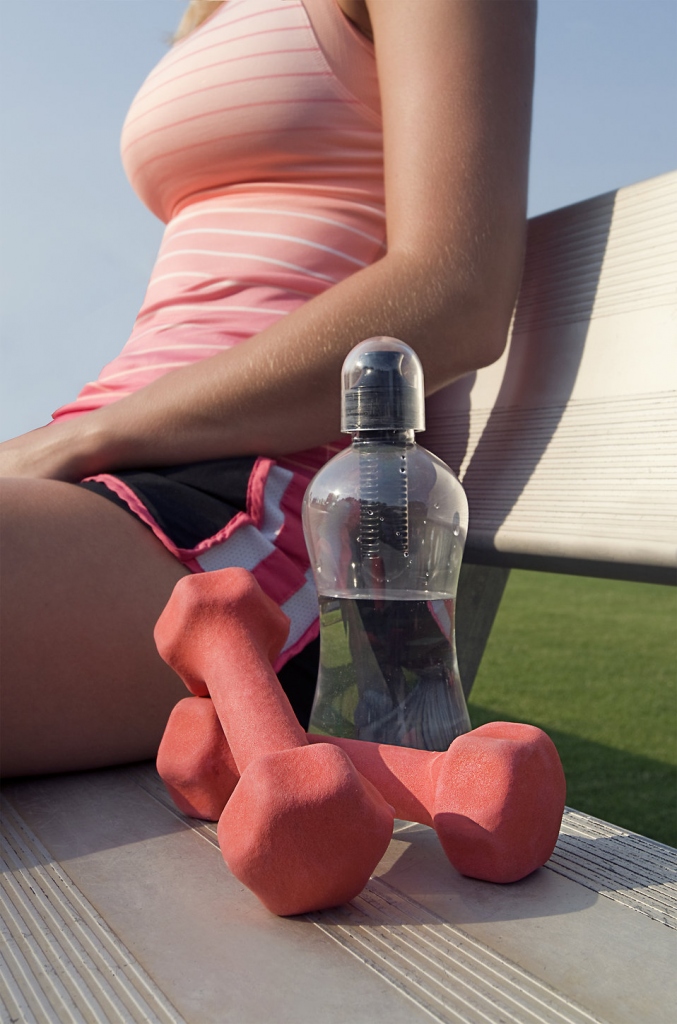Every day, every woman should have the right and the time to exercise, eat healthy and take care of her overall health. Even though women have become regular gym goers and athletes, and no taboos exist around that, something is still misinterpreted these days, and that is whether supplements are good for women.
Whey Supplements
Whey, the most beloved protein supplement in the fitness community, provides considerable benefits to people of all ages, from babies and young children as a temporary source of minerals they do not take enough of (this means the picky eaters, of course) to adults who wish to build and repair muscle mass. More specifically, a study confirmed the positive correlation between the supplement and lowered blood glucose and/or insulin levels.
Additionally, high quality whey supplements can help with weight loss as they stimulate the hormone, which signals satiety and as they facilitate protein synthesis, which leads to burning calories.
Finally, whey protein improves the immune system and is often used as allergy prevention in infants.

Whey Supplements and Women
All the above mentioned benefits are applicable to both men and women. The reason why the question about the suitability of whey protein for women arises is that there are ungrounded myths regarding this topic.
Firstly, it is believed that whey protein can give you masculine physique. The truth is that testosterone plays a role in building muscle, so the effect of whey protein on women is nothing like the effect on men.
Secondly, there is a persistent myth that having protein as a part of your diet can lead to kidney problems. If you are a healthy woman, you can safely use this protein provided that you increase your water consumption – whey has a nasty tendency to dehydrate your body.
Finally, it is believed that high-protein diets can cause bone loss. Nothing is further from the truth as protein has positive effect on calcium, which means that it can essentially repair bone loss.
Regarding standard protein intake recommendations, the average woman should consume around 46g of protein per day. If you just exercise, around 0.8-1g of protein per pound of bodyweight per day is enough, while, if you diet and exercise, you should limit the protein intake to 1-1.5g of protein per pound of your body weight daily.

Whey Protein and Pregnancy
The only exception to the rule is using whey protein during pregnancy. First of all, high-protein intake may cause vitamin A deficiency, which can consequently result in birth defects such as cleft lips, cleft palates, hydrocephalus and heart malformations.
The digestive system of a pregnant woman can also suffer if whey protein supplement intake is increased. Hormonal changes as usual manifestations of pregnancy affect digestive health with and without whey protein supplements. By consuming whey protein supplements, you can only make digestion worse.
Taking everything into account, it is not true that you should not eat protein at all during pregnancy. The safest option is to stick with protein-rich foods and avoid supplements during the nine months.
To sum up, whey protein supplements bring great health benefits both for men and women. There is no reason why women should not use whey protein supplements as all claims against them are not scientifically proven. Finally, women should limit the whey protein supplement consumption only during pregnancy.

